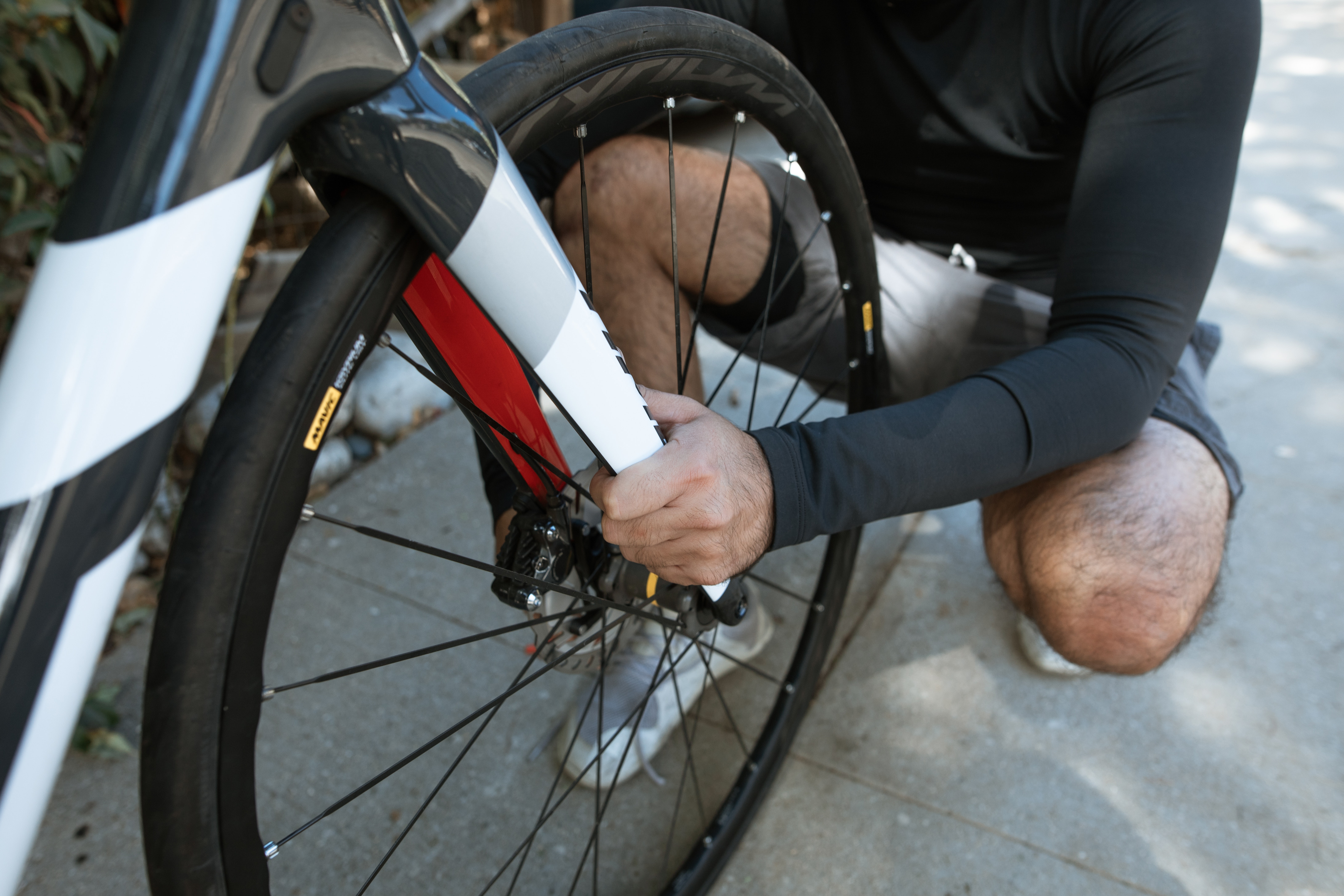In early 2023 -exact dates unknown- the UK will be changing from the Generalised Scheme of Preferences (GSP) to the Developing Countries Trade Scheme (DCTS). What will that mean for the bike industry though? Well bike components are covered under the DCTS so it is going to make a difference.
We took a look at the differences between these two strade schemes to see what it really meant. There’s a couple of key changes in there and it’s going to be important to understand them for the future of the industry.
Given that we spend so much time championing reshoring we also wanted to speculate on what the DCTS means for it. After all, making trade with offshore manufacturers easier means one less incentive for the reshoring of industry.
What Was The GSP?
A lot of people in the industry probably know this already but it’s worth a quick mention. For people only entering the industry or just to contextualise the changes.
The GSP developed trade preferences with certain developing countries allowing for reduced or even no import tariffs. The idea was to increase the utility of trading with developing nations, empowering them with trade deals while keeping the costs down for UK businesses and consumers.
Frameworks
The GSP set out three frameworks for countries to be included. Developing countries, the general framework and the enhanced framework. These frameworks enjoy different levels of tariff reductions on goods coming into the UK. Some countries that fall into one of these frameworks may be exempt from the GSP at times.
Developing countries under the GSP are all countries that are deemed developing by the UN. Imports from these nations have nil rates on import duty. The only exceptions are arms and ammunition. So not likely to have problems in the bike industry.
The general framework includes countries that are deemed by the World Bank to be lower to lower-middle income countries. Certain imports from these countries are given reduced rates. It very much depends on the goods though.
Finally the enhanced framework countries. These countries are low to low-middle income. They are also “economically vulnerable due to a lack of export diversification and a low level of integration with the international trading system”. Finally they need to implement conventions relating to the environment, good governance and human rights. All of this would mean imports from them would come with no import duty on certain goods.
Rules Of Origin
Only goods that originate in a GSP country can receive the benefits of the GSP. If goods are found to not originate in a GSP country then an importer will have to pay the full tariff. There is a lot to the rules of origins on goods so I’ll keep it to just what’s relevant to the bike industry.
A bike made entirely with materials from a GSP country will be considered as originating in that country. That much is pretty obvious. The bike would be considered “wholly obtained”. A “sufficiently worked or processed bike” if it was produced in a GSP country using imported components. Under the cumulation rule a product can still be considered originating in a GSP country when it contains materials from specific countries.
Goods that are transited through the EU may still be considered GSP originating as long as no changes are made to the product, it is under customs surveillance at all times and they already meet GSP origin rules with proof from the exporter.
If you’re interested in a much more detailed look at the rules of origin check out this page on gov.uk.
What DCTS Is Changing
To start with the goal of the DCTS is to offer an extremely generous set of trading preferences to developing nations. By doing this we can improve trade relations allowing importers cheaper access to goods and consumers lower retail costs.
The scheme will be extended to 65 countries and in many ways will function fairly similarly to GSP. Reduced tariffs for developing, low and low middle income countries. That doesn’t mean that it’s just a change in name though. There’s some major changes to the scheme. I’ll only touch on some of it here but if you want to read it in full it’s available here.
Rules Of Origin
One of the biggest changes – for the bike industry at least- is the easing for origin requirements. Material percentages will no longer be relevant. If the tariff code of a product is different to the parts used in it’s production then it counts as originating in the country of production. So parts coming from around the world to produce a bike in a DCTS country can be regarded as originating from that country. This is the Change of Tariff Heading rule or CTH.
Products only need to be made of 25% locally produced materials to meet rules of origin. This is a 5% decrease on the percentage required under the GSP rules. Honestly this probably won’t come into play all that often due to the CTH rule above.
Equally, even though cumulation rules have been broadened to include countries with Economic Partnership Agreements it probably won’t matter often. Since the majority of components falls under a different tariff code to the finished bike a country can qualify under CTH regardless of whether cumulation applied.
Tariff Changes
The big change here is that India will no longer be exempt from tariff reductions for bike frames and components. Considering that India is the second largest producer of bikes after China, that could have a major impact. As long as Indian bikes meet the rules of origin then they qualify for tariff reduction. Now I haven’t done the maths to see if this makes India cheaper than China for offshore production but it’s definitely something in its favour.
What Does This Mean For Reshoring
I’m not too worried about how this affects the future of reshoring production. Even if bikes are brought in without import duty from India shipping costs and delays still work against offshoring. I’m confident that onshore production will still be more effective when everything is considered.
One of the problems reshoring the British bike industry faces is time. We are trying to create an entire domestic industry and that won’t happen overnight. In the meantime the current industry needs to be able to survive. Lower tariffs make that a lot easier. High import duties is one of the things that can kill start up businesses after all.
I strongly encourage everyone out there to reshore production as much and as often as possible. It goes beyond profit margins and efficiency. Reshoring is important for the industry. Lower tariffs don’t change that. If I was a pessimist I might be worried people will simply offshore to India for cheaper production without the import duties attached to Chinese bikes. I think the reshoring trend will continue though.
In fact a degree of reshoring is built into DCTS. Some of the tariff reductions only count for parts to be used in the manufacture of bikes or E-bikes. Which means a fully assembled bike or electric bike may not be covered under DCTS. Instead parts would need to be shipped to a domestic manufacturer for assembly. At the least assembly will need to be domestic. That means finding assembly partners here in the UK. This allows domestic producers to grow and develop a domestic industry with no need for trade deals at all.



